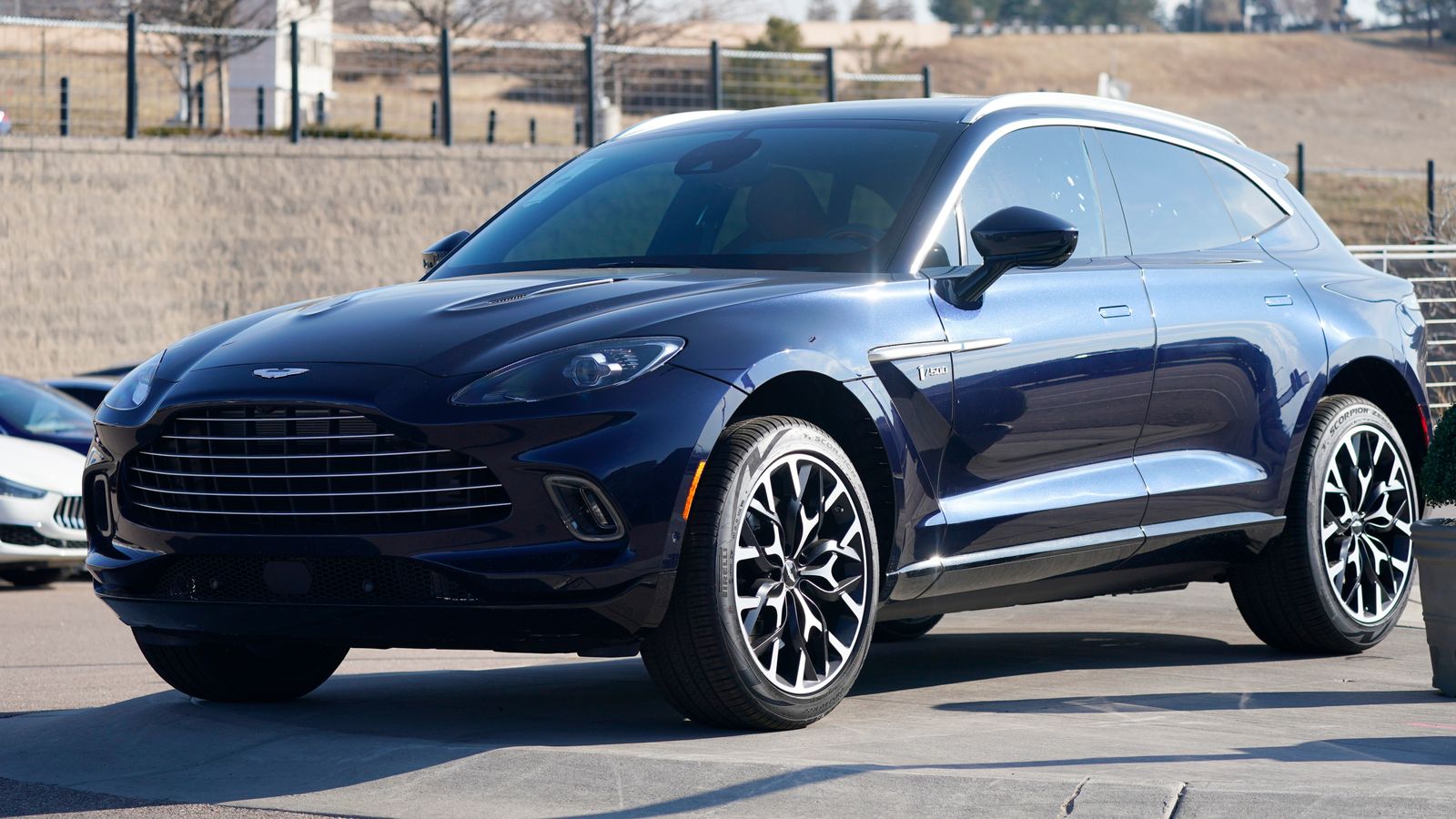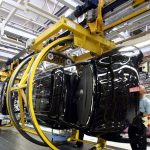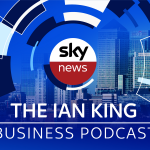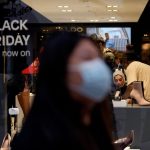Aston Martin Lagonda has reported a 224% rise in sales to dealers and reduced losses as it bids to bounce back from a post-flotation crisis exacerbated by the coronavirus pandemic.
The luxury carmaker best known for its links to James Bond said its DBX sports utility vehicle (SUV) accounted for more than half of the 2,901 cars sold during the first half of 2020.
The figure, while clearly following weak comparisons as COVID-19 disruption resulted in just 895 vehicles being shifted during the same period in 2020, was better than market analysts had predicted.
It represented a boost for the company as it aims for 2021 volumes of around 6,000 vehicles under a turnaround plan ordered by executive chairman Lawrence Stroll.
He came in with new investment in spring last year amid the fallout from Aston’s stock market listing in 2018 – widely seen as a flop as the company consistently missed market expectations and burned through cash at a time of dwindling sales.
Mr Stroll said on Monday: “Building on the success of DBX, our first SUV, we have since delivered two more new vehicles and with more exciting product launches to come we are well positioned for growth.
“The launch of Valhalla last week signals a new era for Specials at Aston Martin as an integral pillar of our brand and our product innovation.”
Revenue increased 242% to £499m, largely due to the dealership sales but also “strong pricing dynamics”, Aston said.
As a result, pre-tax losses fell from £227m to £91m.
Shares were trading almost 3% on Wednesday.
Laura Hoy, equity analyst at Hargreaves Lansdown, said of the performance: “After what can only be described as a car-crash stock market debut in 2018, it seems Aston Martin has turned a corner.
“The group’s on track to deliver on its full year target to sell 6,000 vehicles. With dealer supply chains now rebalanced, the average selling price is starting to creep upward and more profitable Specials sales are on the rise.”






















